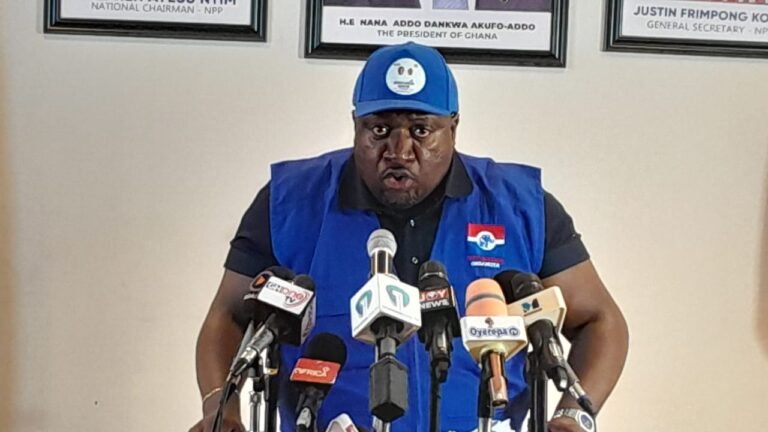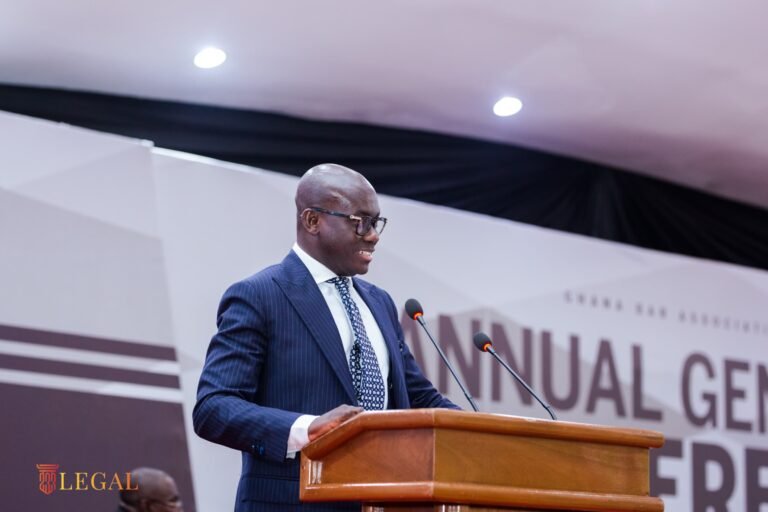
John Mahama
The Supreme Court yesterday dismissed former President John Dramani Mahama’s application asking the court to review its earlier decision that disallowed him from asking the Electoral Commission (EC) 12 questions in the ongoing election petition.
That follows the dismissal of Mr Mahama’s application for interrogatories in which he sought to ask the court to grant leave for the EC (1st respondent) to answer 12 questions regarding the declaration of the presidential election results.
The court, in dismissing the application, argued that Mr Mahama had not met the threshold to apply for review.
“We find that our inherent jurisdiction cannot be invoked under the circumstances of the case when the rules of the court have made clear provisions in the exercise of our jurisdiction in this matter. We accordingly dismiss the application,” the court said.
Review
Lawyers for former President Mahama, on Wednesday, January 20, filed an application asking the Supreme Court to review its decision that disallowed them from asking the EC 12 questions in the petition.
According to the court, the interrogatories sought by Mr Mahama were irrelevant to the case. The court argued that the crucial issues of relevance of the application had not been established by the petitioner.
The court added that it is strictly bound to comply with C.I. 99, which mandates it to deal with the petition within 42 days.
But lawyers for Mr Mahama argued that the court erred in the dismissal of the application for interrogatories, hence the decision to seek review.
They argued that the court should have exercised its discretionary powers in accordance with Article 296 of the Constitution, which requires an authority vested with discretionary power to be fair and candid.
They further argued that the court got it wrong yet again when it took the view that the current rules requiring expeditious trial mean even amendments are not allowed.
They again attacked the court’s decision by arguing that nothing in the current Rule CI 99 supports the view the court took that interrogatories are not permitted.
Supplementary application
Mr Mahama’s legal team, led by Tsatsu Tsikata, on Tuesday also filed another application to replace portions of the original statement of case, as well as a supplement to their statement of case requesting for the review.
The legal team argued that the court would be provided with further information if the application was granted.
The new application sought to replace paragraph 28 of the original statement of case and to file a supplement to the statement of case.
Paragraph 28 of the petitioners’ initial review document states among others that “there is no reference in rule 69(c) 4 of CI 99 to amendments. It is rather 69 A (6) which provides as follows.”
In the proposed new paragraph “it rather” quotes 68(7) instead of the 69A(6) as earlier quoted.
Mr Tsikata earlier in court outlined series of cases where the court allowed for supplementary statement of cases in both review and appeal applications.
Dismissal
However, the court, which had two additional judges, Justice Imoro Tanko and Justice Henrietta Mensah Bonsu, making it a nine-member panel, dismissed the application.
“We notice that this application before this court is brought under the inherent jurisdiction of the court to file additional grounds of review and replace paragraph 28 of the original statement of the case and to file a supplement to the statement of the case. The application which was argued before us is not sanctioned by any provisions in C.I. 16, specifically from rules 54 to 60 of the Supreme Court rule C.I. 16 of 1996,” the court argued.
“In law and by the settled practise of this court, it should be noted that, review and appeals are conceptually different and the rules governing the application in either of them are very distinct and this court has in several cases exhibited remarkable consistency. All the other cases referred by the counsel for the applicant are based on original jurisdictions and civil appeals.”
“We find that our inherent jurisdiction cannot be invoked under the circumstances of the case when the rules of the court have made clear provisions in the exercise of our jurisdiction in this matter. We accordingly dismiss the application,” it added.
Stay of proceedings
The petitioner (Mahama) also applied to withdraw its stay of proceedings application filed in to halt the case.
Counsel for the petitioner prayed the court to withdraw their motion to temporarily suspend hearing (stay of proceedings) since it was no longer relevant in the light of matters that happened at the last court hearing.
Meanwhile, counsel for 1st respondent had also applied to the court to withdraw his motion for abridgement of time (shorten the period of hearing of the review).
The court accordingly went ahead and struck out the motion for stay of proceedings and the motion for abridgement of time as withdrawn.
Sitting continues today.



